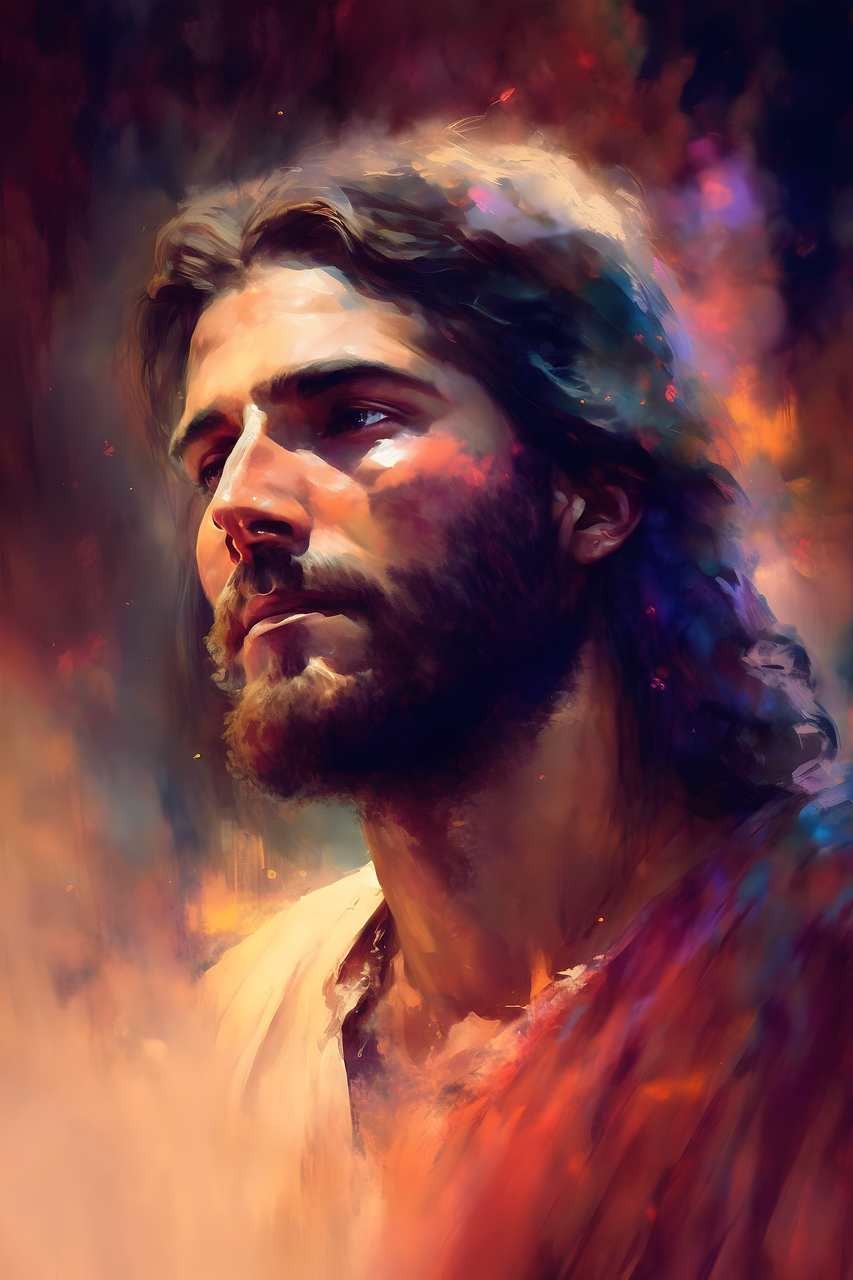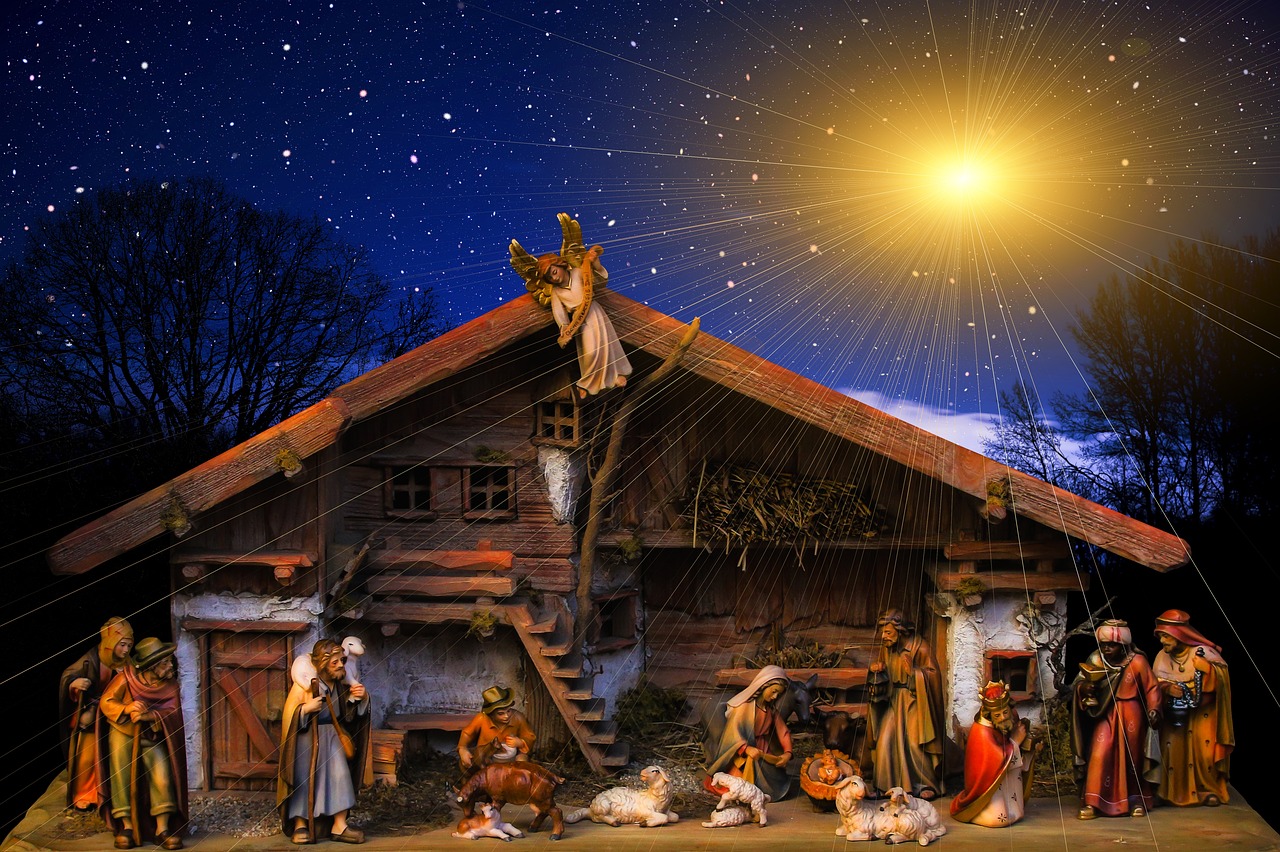Genesis 34 is a captivating chapter in the Bible that describes a story filled with complex characters, issues of revenge, honor, and redemption. Let’s dive into the narrative and explore the messianic link to Jesus.
In Genesis 34, we encounter the life of Jacob’s daughter, Dinah. She goes out to socialize with the women of the land, and unfortunately, she catches the eye of Shechem, the son of a prominent leader in the region. Shechem is instantly smitten by Dinah’s beauty and becomes obsessed with her.
Driven by his desires, Shechem takes Dinah and violates her, an act that brings immense grief and pain to her and the entire family. This action sets the stage for a series of events that will ultimately lead to a messianic link to Jesus.
Dinah’s brothers, Simeon and Levi, are deeply angered and embittered by the defilement of their sister. They hatch a plan to seek revenge on Shechem and his people. Initially, they deceive Shechem and propose a peace treaty, but it’s a ruse to execute their revenge.
When Shechem and his father, Hamor, agree to the terms, Dinah’s brothers strike. They slaughter the men of Shechem’s city, including Shechem himself. They rescue Dinah and bring her home, but the consequences of their actions are far-reaching.
Jacob is filled with dismay and reproaches Simeon and Levi for their violent actions. He worries that the neighboring people will unite against them, putting their lives in danger. The brothers, however, are unrepentant, defending their actions by expressing their need to stand up for their family’s honor.
Now, let’s explore the messianic link to Jesus in this story. The messianic prophecies in the Bible often point to Jesus as the ultimate savior and redeemer. While Genesis 34 doesn’t explicitly mention Jesus, we can draw connections to him through the themes of redemption, justice, and the sacrificial nature of his mission.
In this story, Dinah symbolizes humanity, tragically defiled by sin, just as she was violated by Shechem. This defilement causes immense pain and brokenness, mirroring the way sin separates us from God and causes suffering in our lives.
The vengeance carried out by Simeon and Levi can be seen as a flawed human response to sin and injustice. It speaks to our human inclination to seek retribution instead of pursuing forgiveness and reconciliation. Jesus, however, teaches us a different path – one of forgiveness, love, and redemption. He urges us to turn the other cheek and to extend grace towards those who have wronged us.
Jacob’s response to his sons’ actions reflects the concern of a loving father, worried about the consequences of their violent actions. In a similar way, God, as our Heavenly Father, cares for us and desires us to act in ways that bring about peace and restoration. The messianic link here lies in how Jesus ultimately brings that peace and restoration through his sacrifice on the cross.
Ultimately, the story of Genesis 34 reminds us of our need for a savior, someone who can redeem us from the brokenness caused by sin. Jesus, in his life, death, and resurrection, fulfills this role entirely. He is the ultimate redeemer who brings healing and forgiveness to all who trust in him.
The story of Dinah and her brothers serves as a reminder of our need to seek reconciliation and forgiveness, even when faced with injustice. It highlights the transformative power of Jesus’ message and the importance of following his example in our own lives.
As we examine the messianic link to Jesus in Genesis 34, we recognize the significance of his redemptive mission and are encouraged to embrace his teachings of love, forgiveness, and reconciliation in our lives today.
#Genesis34, #RedemptionAndRevenge, #DinahAndShechem, #MessyCharacters, #JusticeAndMercy, #MessianicConnections, #ForgivenessInBible, #SacrificialLove, #HealingThroughChrist, #HumanResponseToSin, #GodsRedemptivePlan, #BrokennessAndRestoration, #JesusAsSavior, #Reconciliation, #DivineGrace, #LessonsFromBible, #MessiahInGenesis, #DinahsStory, #SimeonAndLevi, #RedeemingLove



